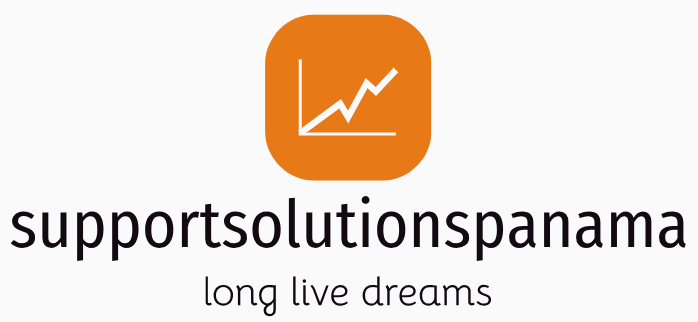Balancing Act Work & Life in the Modern Age

The Blurring Lines of Work and Life
The traditional 9-to-5 workday is a relic of the past for many. The rise of technology, remote work, and the gig economy has blurred the lines between our professional and personal lives more than ever before. We’re constantly connected, accessible via email, text, and instant messaging, making it challenging to truly disconnect and recharge. This constant connectivity, while offering flexibility, can lead to burnout and a sense of being perpetually “on.” The expectation to be always available can impact our mental and physical well-being, making the pursuit of a healthy work-life balance even more crucial.
The Allure and Perils of Remote Work
Remote work, once a niche option, has become increasingly prevalent. While it offers the benefit of flexibility and autonomy, it also presents unique challenges. The lack of physical separation between work and home can make it difficult to establish boundaries. The home environment, often associated with relaxation and leisure, can become a constant reminder of work tasks, leading to longer working hours and a reduced sense of separation. This can spill over into personal time, making it challenging to dedicate quality time to family, friends, and hobbies.
Setting Boundaries: The Foundation of Balance
Establishing clear boundaries is paramount to achieving a healthy work-life balance. This means setting specific work hours and sticking to them as much as possible. Designate a dedicated workspace, free from distractions, to signal the start and end of the workday. Similarly, learn to switch off notifications outside of working hours to avoid the constant influx of emails and messages that can disrupt personal time. Communicate your boundaries clearly to colleagues and clients to manage expectations and avoid feeling obligated to respond immediately outside of work hours.
Prioritizing Self-Care: Fueling Your Well-being
Self-care isn’t a luxury; it’s a necessity. Prioritizing activities that nourish your physical and mental well-being is essential for maintaining a healthy balance. This could involve regular exercise, mindful meditation, spending time in nature, pursuing hobbies, or simply making time for relaxation. Taking breaks throughout the day, even short ones, can help prevent burnout and improve focus. Remember to schedule these activities just like you would any other important appointment; they deserve a place in your calendar.
Technology: A Tool, Not a Tyrant
Technology is a double-edged sword. While it offers incredible opportunities for flexibility and connectivity, it can also contribute to the feeling of being constantly “on.” It’s crucial to consciously manage your technology use. This means setting limits on screen time, using apps that help manage distractions, and proactively disconnecting from devices during personal time. Consider creating technology-free zones in your home, such as the bedroom or dining area, to protect your relaxation time.
The Importance of Disconnection: Reclaiming Your Time
Intentional disconnection is crucial for restoring energy and perspective. This doesn’t necessarily mean a complete digital detox, but it does involve actively choosing moments to disconnect from work and technology. Engage in activities that bring you joy and help you relax, whether it’s reading a book, spending time with loved ones, pursuing a hobby, or simply enjoying some quiet time. These periods of disconnection allow you to recharge, reducing stress and improving overall well-being.
Seeking Support: You’re Not Alone
Maintaining a healthy work-life balance can be challenging, and it’s okay to seek support when needed. Talk to your friends, family, or colleagues about the challenges you’re facing. Consider joining a support group or seeking professional guidance from a therapist or counselor. Remember, you’re not alone in this struggle, and seeking help is a sign of strength, not weakness. Building a strong support network can make a significant difference in your ability to navigate the complexities of modern life.
Redefining Success: Beyond the Grind
Finally, it’s crucial to redefine what success means to you. It’s easy to fall into the trap of equating success solely with career achievements. However, true success encompasses a balanced and fulfilling life, incorporating personal well-being and meaningful relationships. Shifting your perspective to embrace this holistic definition of success can empower you to prioritize your well-being and create a life that feels truly rewarding, rather than one characterized by constant striving and exhaustion. Read also about work-life balance.




![Discover the Future of [Product Category] Discover the Future of [Product Category]](https://images.unsplash.com/photo-1700104494865-200e961d942c?fm=jpg&q=60&w=3000&ixlib=rb-4.1.0&ixid=M3wxMjA3fDB8MHxzZWFyY2h8OXx8cHJvZHVjdCUyMGxhdW5jaCUyMG1hcmtldGluZyUyMGNhbXBhaWdufGVufDB8MHwwfHx8Mg%3D%3D)





